What is Glaucoma?
Early detection is important to ensure the best treatment for Glaucoma. In Calgary, Mission Eye Care is committed to your eye health and has the latest technology and equipment for early detection of Glaucoma.
Referred to as ‘the silent thief of sight,’ this blinding disease has no outward or visual symptoms. Glaucoma is a complex disease with risk factors from genetics, injury and systemic disease that include race, gender, age, eye anatomy, diabetes, high myopia and more. Unfortunately, there is nothing you can do to prevent Glaucoma. Routine annual eye exams are your best defense in early detection and treatment, especially if you have an immediate family history.
What causes Glaucoma?
Symptoms of Glaucoma?
How do I know if I have Glaucoma?
Using modern diagnostic imaging equipment (OCT), we can detect nerve losses as small as 5%, allowing for early treatment to reduce eye pressure and prevent further damage.
What is the Treatment for Glaucoma
Treatment for Glaucoma depends on how much damage has been done to your eye and what stage of Glaucoma you are at.
Early Stage Glaucoma
In early stage Glaucoma, if the nerve stays stable with no progressive damage, it may be just an eye drop at night for the rest of your life.
Mid Stage Glaucoma
In mid stage Glaucoma, if damage continues to progress, we either switch to, or add a different class of medicated eye drop.
Advanced Stage Glaucoma
In more advanced Glaucoma cases we will refer you for laser surgery or microsurgery to further reduce eye pressure. When diagnosed and treated early, prognosis for good vision remains high.
It’s important to have an annual eye exam to ensure your eyes are in optimal health. During your eye exam your optometrist will administer the “air puff” test to determine if you are in the early stages of Glaucoma. Further diagnostic testing is done if your response to the air puff indicates a concern.



